If you’ve been watching Twitch lately, you’re not the only one. As a streaming platform, Twitch has grown in just five years from a simple theory to a fully-functioning website worth $970 million.
In February, Twitch was reportedly the fourth highest trafficked website in North America. With recent ventures into streaming sponsorship management and partner merchandising, one thing is clear—there’s no stopping Twitch from continuing to revolutionize online entertainment . We had a chance to sit down with Kevin Lin, Twitch’s COO, and Chase (“just Chase)”, its PR director, at IEM San Jose earlier this month, and we asked them where they thought the website was headed in the future.
With recent in-roads to consoles, mobile phones, and other streaming devices like Roku and ChromeCast, Lin made it clear he believes Twitch is the premier streaming site on the internet. But Lin thinks thinks Twitch has a much-farther reaching potential—as the next evolutionary step in living room entertainment.
Daily Dot: How do you see yourself compared to YouTube and big sites like it?
Kevin Lin: We got a ways to go, we’ve got a lot of growth ahead of us. We’re obviously focused on one singular category, which is gaming, which is a very different approach from other video platforms. We’re staying in gaming, that’s the core, that’s where the passion is at, that’s the birthplace of Twitch, so we’ll continue to grow that globally and hope to reach more and more people.
In terms of esports specifically, you want to be the primary provider for tournaments of all shapes and sizes. Do you see any global issues with that?
KL: No, I mean, we built our system to distribute content globally. We’ve been building that system now for over eight years, since the early Justin.tv days, with the goal of being able to sort of free content creators to be able to push that content to the rest of the world. Certainly, we are big in certain regions, but we have aspirations to grow in other regions. But yeah, in terms of esports, for sure. We love esports, we are all consumers of esports in the company, we all attempt to play the games that are related to esports—albeit very poorly. But we love it.
And we hope that we can not only distribute esports to the rest of the world, but really help it grow, really bring it to the mainstream.
I think we’ll see a trend more and more of big events like this, and we want to be at all of them, we want to distribute all of them. We want to support the players at all of them. We wanna make sure that we can bring in sponsors and bring in the attention of non-endemics, which is traditionally a very difficult thing for any new industry to do. I see that very much as the job of Twitch in addition to the distribution.
As esports and gaming gets bigger, do you see potential conflicts with the growth of cable and traditional broadcasting growing—ESPN3’s move into streaming, for instance?
KL: It’s an excellent question. I wish I had the answer for you.
We will continue to build the company in a way that we can support that global distribution. So if you want a one-stop shop for it? Great, we wanna do that for you. Whether or not it goes to television is a broader question that extends really outside of us. It’s more about you as a production company as in ESL, or as the Riot [League Championship Series]. Are you gonna develop content that works for traditional television broadcasts? There’s time breaks, there’s commercials, all these things you have to consider, are quite different from the Twitch distribution model.
But I think the primary thing … is interaction. We don’t really get interaction with a TV screen. Chat is such a huge part of the Twitch experience, and a huge part of what drives engagement for the Twitch audience is to be able to interact not only with each other, but with the broadcasters.
So, I’m not sure that that’s really gonna change, and I’m not sure that you can really be effective at that level of interactivity on television.
A lot of companies are certainly trying to do it, a lot of second-screen companies are trying to piggy-back on traditional sports or prime-time content, without much success. And I think that that’s something that’s natural to the Twitch platform, an inherent part of what we’ve built, and a key to our secret sauce is that interaction, so we want to keep building deeper and deeper social engagement around content.
And I think that if the audience wants it, and it seems like they do, I’m not sure you’ll see much move away from platforms like Twitch.
Chase: What’s also is that often we do get the question, you know, ‘Do you ever see Twitch on TV?’ What we always say is that, if you’re talking about that box in your living room, we’re already on it. Whether it’s through console integrations, and now through Chromecast, most of our audience are cord-cutters, or cord-nevers, people that have never even had cable.
So when we’re talking about the living room experience, in terms of gaming, we’re already there.
So do you consider yourself the next step in living room entertainment?
KL: I think so. I think it’s a natural evolution, right? I think that our goal is for you to have the same experience regardless of what device you’re on. Like Chase was saying, if you’re watching on your Xbox, well that’s your lean-back, on-your-couch experience in your living room, and you can still chat with, you know, Snap in Xbox. The goal is for every platform to have that interactivity.
But yeah, I think that Chase is right. I think that if you define television as, you know, literally distributing through a cable box, that’s a different question. If it’s sort of more culturally, will a television experience affect distribution—I think we’re already there. We’re in living rooms, we’re on mobile phones, anywhere you want it. That’s our goal.
Do you ever see your company either branching out under the Twitch banner, or under a different banner, including more and more traditional broadcasts like talk shows?
KL: I think in terms of an extension of traditional media content creators, or traditional content creators, that want to reach our audience, sure, you’ll see people like Conan, you’ll see people like Fred Durst and other musicians that are trying to reach our audience to create gaming content. They’re gamers, they play games, and that’s their way in with the audience, and I think you’ll see a lot of that happening.
I think that’s what I’m trying to lead into, would you ever see, like, football on Twitch?
KL: You know, I don’t know! I think, we wanna focus on gaming. If you zoom out enough years, and the audience is craving other content, I think we will listen to the community in terms of what they think is relevant for them, because, let’s be honest, gamers have other interests. They might be interested in music. Within music, it might be electronic music. They might be interested in sports, and within sports it might be very specifically games like cricket.
Or even things like Magic: the Gathering…
KL: We already have Magic, right. We’ve extended into table-top, we’ve got poker on the site, we’ve got Magic: the Gathering, we’ve got roleplaying games. So I think we’ll let the community kinda decide for themselves what they want, and then the beauty of Twitch is we’ve got tens of thousands of channels live any given day. You can kinda pick what you want to watch.
But I think we do want to keep the focus on that core audience, which is the gamer. And then we’ll listen to the community if they want other content. We’ll start to think about it and make sure that it makes sense for the broader community. But I think you’ll see, naturally, traditional media moving in with gaming-related shows, you’ll see gaming-related shows start to touch on, you know, general fanboy and e-culture, so to speak, that high overlap with other interests than games.
So something like, if ESPN ever gets an esports show, maybe they’ll also throw it on Twitch?
KL: Right. I think you’ll start to see shows like that pop up.



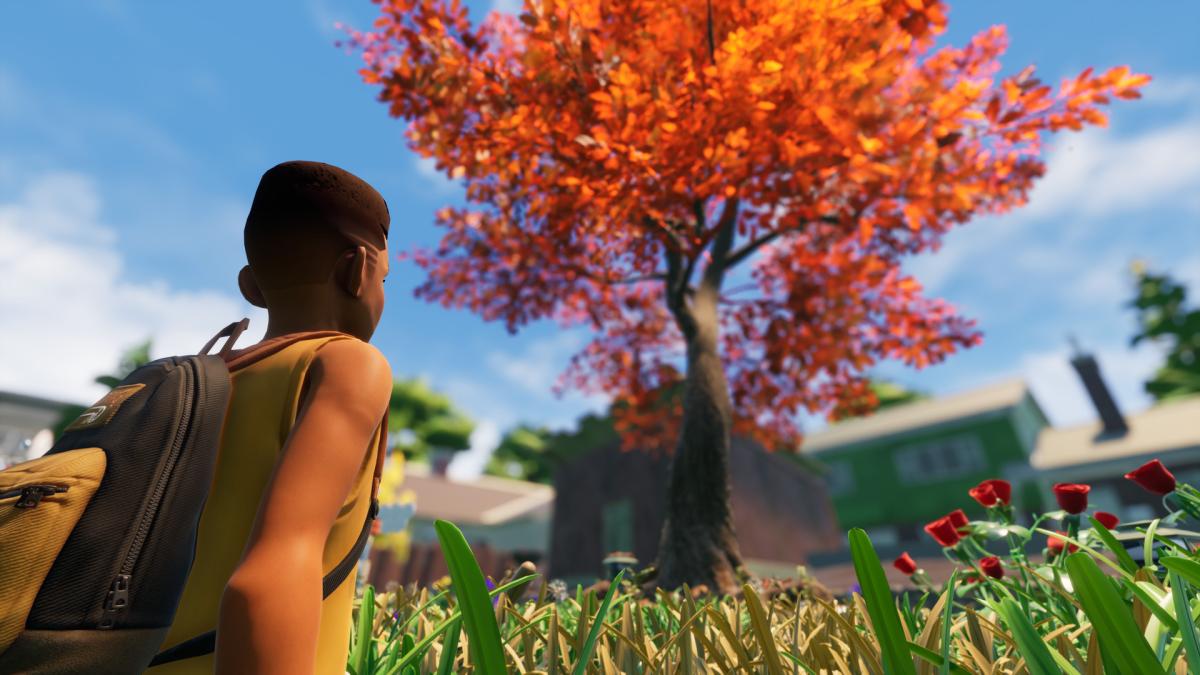
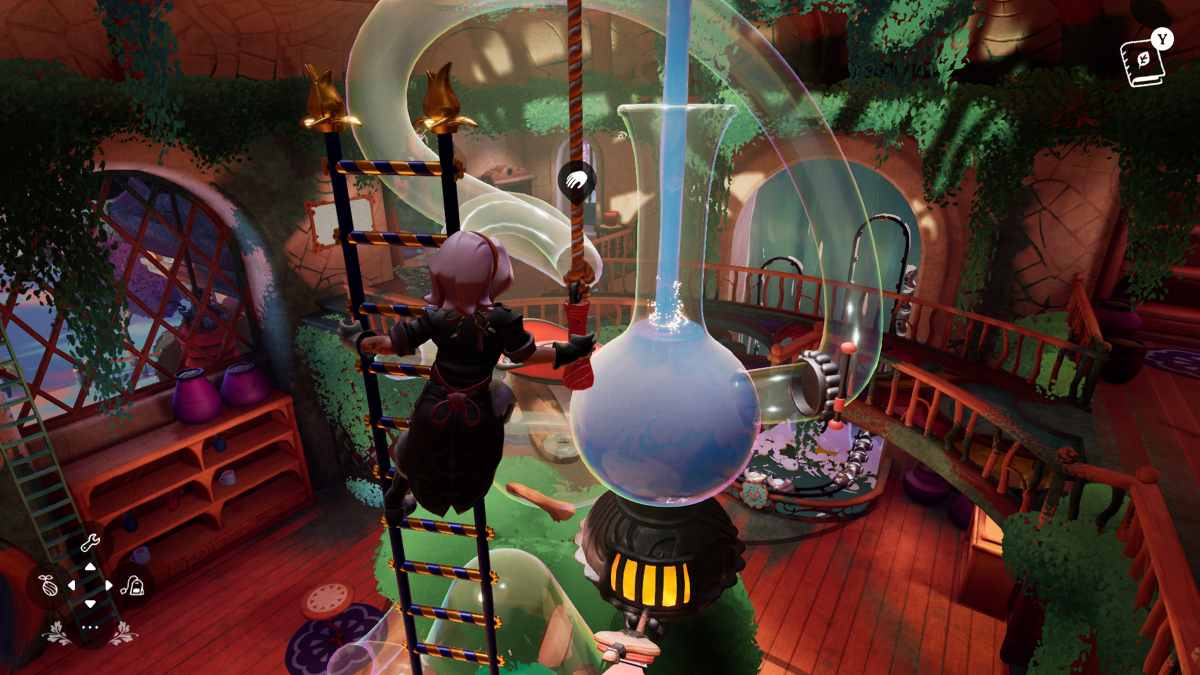
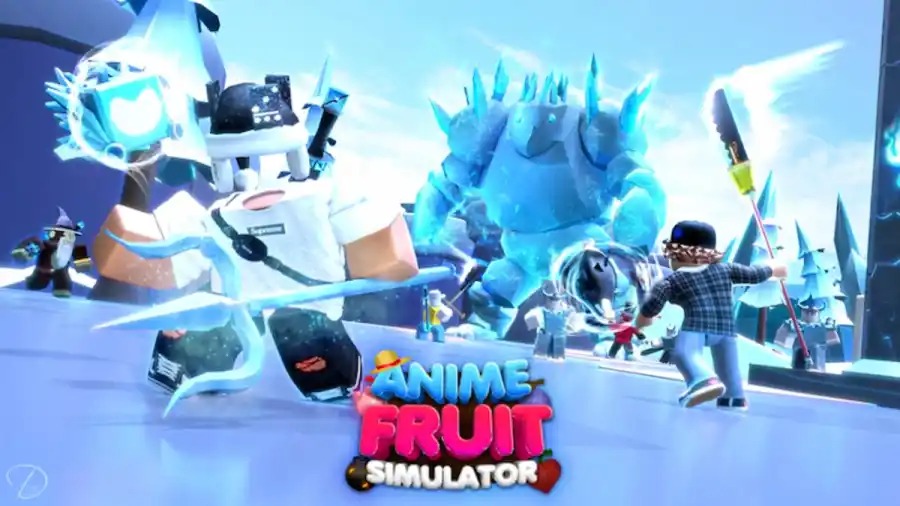
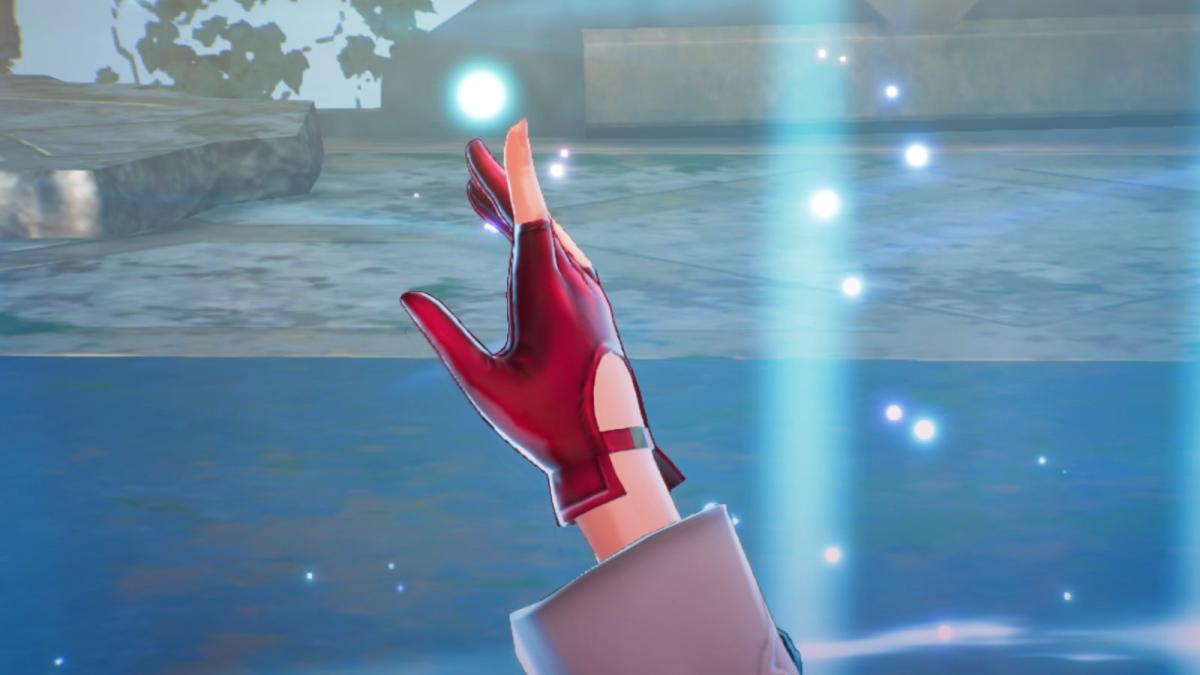


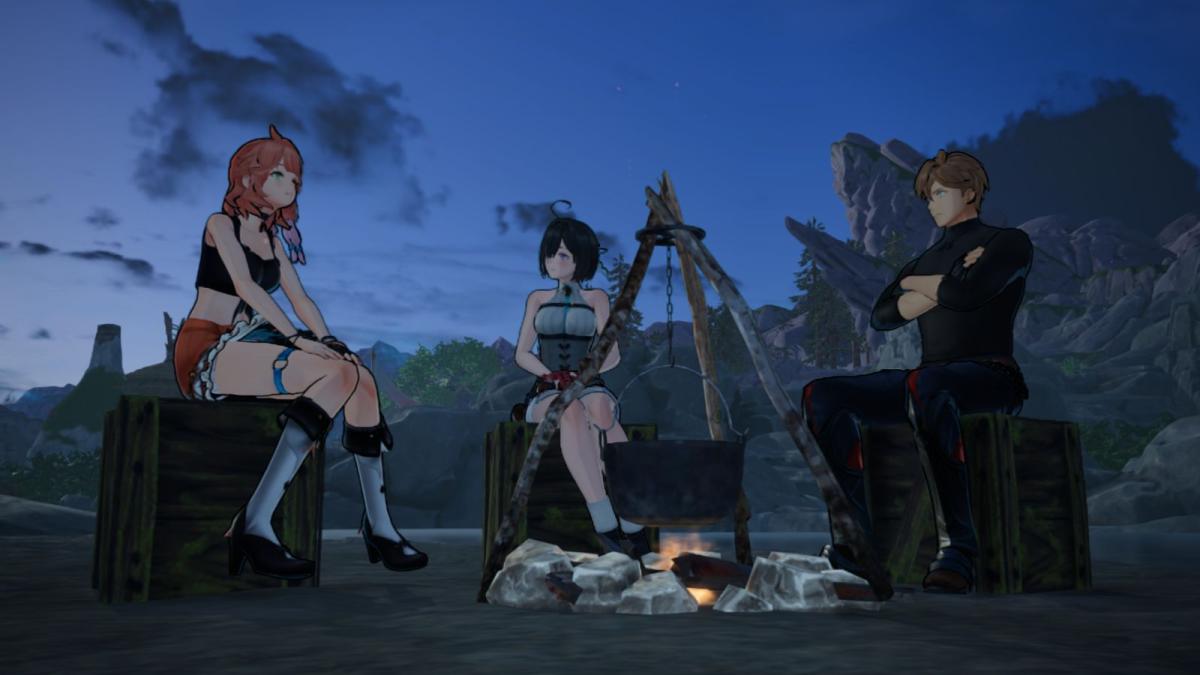
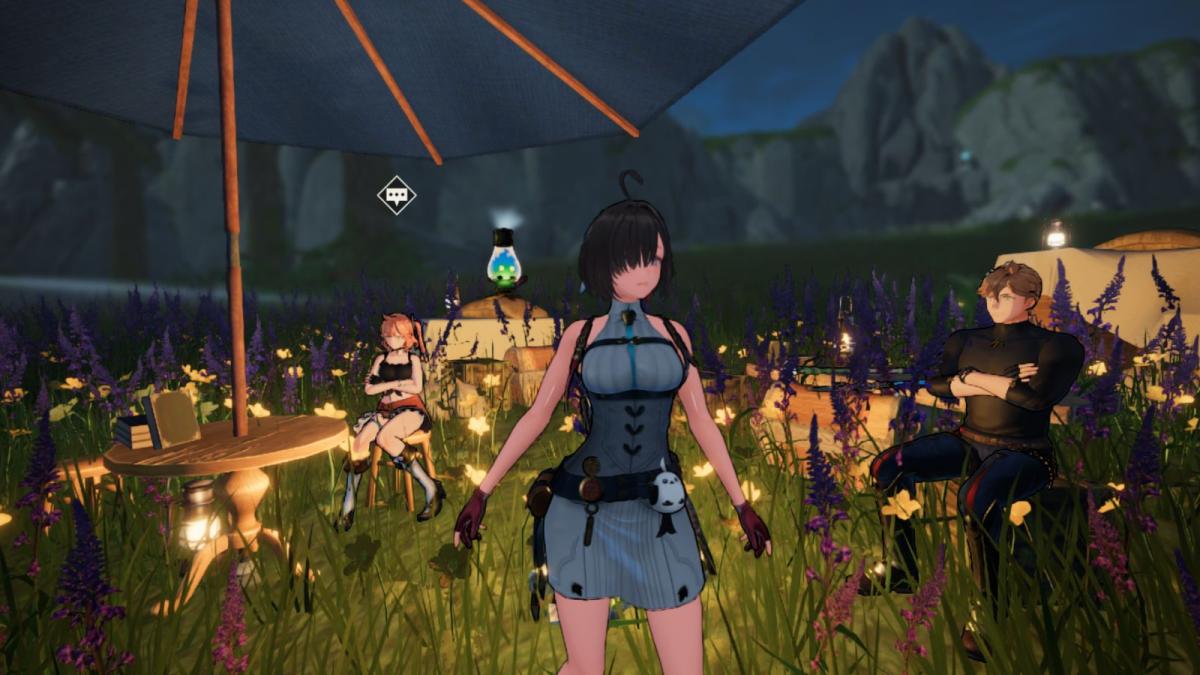
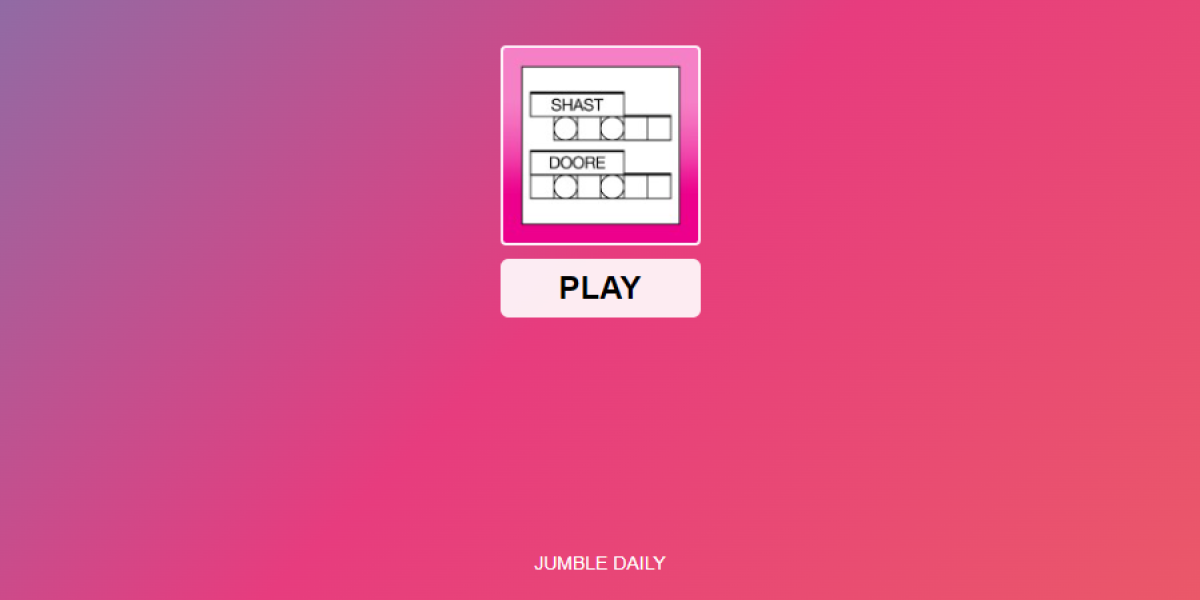
Published: Dec 19, 2014 01:49 pm